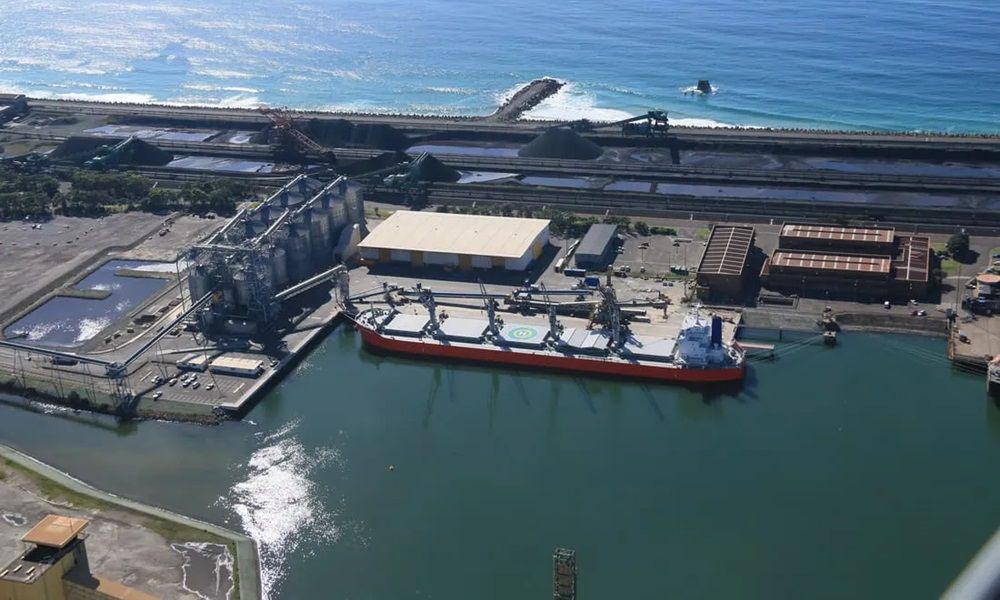Ongoing Strikes Disrupt Major Australian Ports

Strikes at major Australian ports are set to continue as unionized workers clash with Qube Ports over unresolved contract negotiations. The Maritime Union of Australia (MUA) has been in a prolonged dispute with the company since negotiations broke down in April 2024. This ongoing conflict has led to significant work stoppages and industrial actions across the country, affecting the handling of essential goods. As the situation unfolds, the impact on supply chains and the economy becomes increasingly concerning.
Widespread Impact on Port Operations
Work stoppages are scheduled to take place in key ports including Adelaide, Brisbane, Darwin, Gladstone, Melbourne, and Port Kembla. On Monday, union members initiated a one-day strike at ten ports nationwide. However, this was not an isolated incident. Since September, workers have been engaging in sporadic lower-level industrial actions across Australia. These actions are expected to intensify, particularly affecting ports that handle bulk goods such as grains, steel, and machinery.
In addition to the one-day strikes, port workers plan to stage eight-hour stoppages whenever vessels arrive. This means that cargo handling will be significantly delayed, leading to potential supply chain disruptions. Qube’s operations in Port Kembla, which are crucial for coal, grain, and fertilizer, are particularly vulnerable. The company is facing 13 rolling work stoppages scheduled between December 20 and January 3. These disruptions could have far-reaching consequences for businesses that rely on timely deliveries of goods.
Underlying Issues in Contract Negotiations
The dispute between the MUA and Qube Ports centers around contract negotiations that have stalled since April. The MUA has accused Qube of intentionally delaying discussions, which has fueled tensions between the two parties. The union is calling for government intervention to ensure that Qube does not bypass collective bargaining agreements. This situation has raised concerns about workers’ rights and the importance of fair negotiations in the workplace.
Qube Ports has proposed an 18% wage increase over four years. However, the MUA is demanding more than just a pay rise. They are seeking changes to current rostering rules that allow the company to determine workers’ shifts just a day in advance. Additionally, the union wants better fatigue management rules to prevent dangerous work patterns. These issues highlight the need for a more balanced approach to labor relations, where both workers’ rights and company needs are addressed.
As the strikes continue, experts warn that prolonged actions could lead to significant cargo handling delays. Maritime security consultancy Crisis24 has indicated that if the MUA expands the scope of the strike, it could result in severe supply chain disruptions throughout January. The situation remains fluid, and both sides will need to find common ground to resolve the ongoing conflict.
